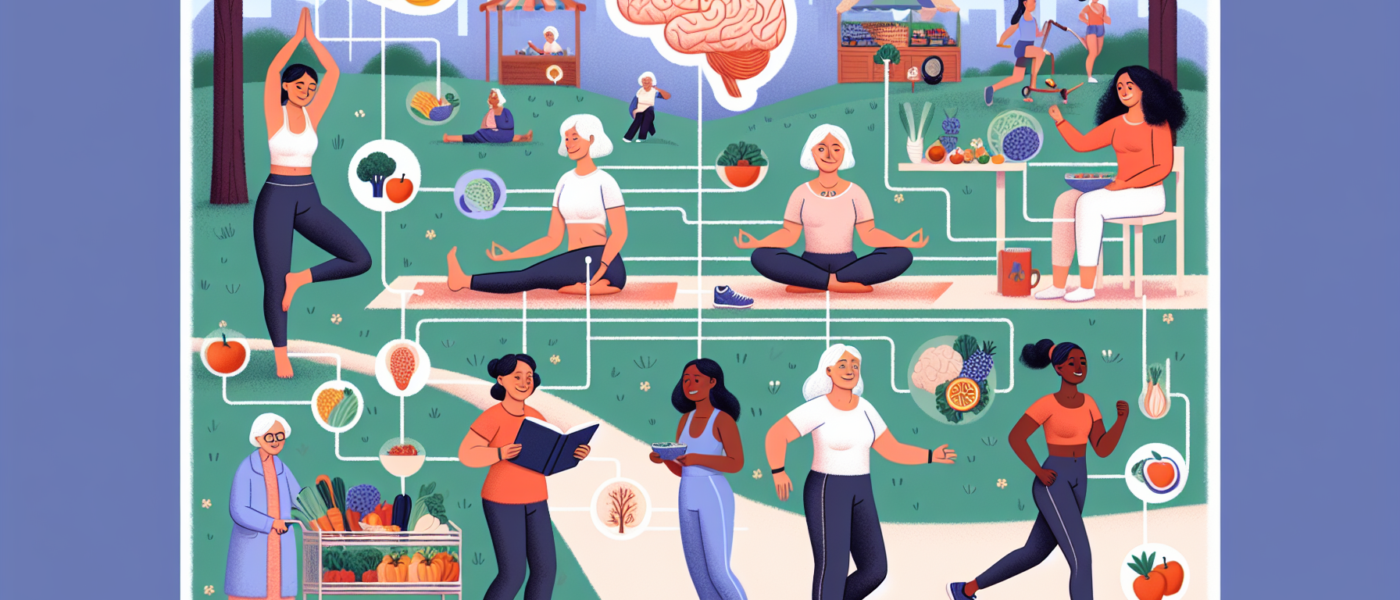The Importance of Physical Activity and Nutrition for Cognitive Health in Women Over 50
Cognitive Health Benefits of Physical Activity
Regular physical activity has been shown to improve cognitive function in older adults, a vital aspect of maintaining overall well-being. This is particularly significant for women over 50, a demographic more susceptible to cognitive decline and chronic diseases. Engaging in consistent exercise routines can contribute to preventing mental deterioration and promoting a healthy aging process, ensuring that these women maintain their independence and quality of life.
The importance of exercise in this context cannot be overstated. It is a critical component of a healthy aging regimen, significantly enhancing cognitive capabilities and overall health. Women’s participation in physical activities can also increase muscle mass, bone density, and cardiovascular health, essential elements for sustaining physical function and fending off chronic diseases.
Social and Nutritional Challenges
Despite the clear benefits, women often face social pressures and stereotypes that deter them from engaging in regular physical activity. These pressures can become more pronounced during pandemics or other disruptions, limiting participation in traditional exercise programs. However, web-based interventions have emerged as a promising solution, effectively promoting physical activity and healthy living among older adults when conventional options are unavailable.
In addition to exercise, a balanced diet rich in fruits, vegetables, and lean meats plays a crucial role in maintaining good health and warding off chronic diseases. Many older women are also deficient in critical nutrients such as vitamin D and magnesium, which are vital for bone health and preventing muscle weakness. Addressing these nutritional gaps can further enhance the benefits of physical activity.
Maintaining motivation to exercise is another key factor for older adults. Tools that help track progress, locate enjoyable activities, and overcome barriers to exercise are essential for sustaining a regular fitness routine. Encouraging older adults to integrate these strategies into their daily lives can help them achieve long-term health and cognitive benefits.
Ultimately, by prioritizing physical activity and a balanced diet, older women can significantly improve their cognitive health and overall quality of life. It is important to continue advocating for accessible exercise programs and nutrition education to support this vital aspect of healthy aging.
